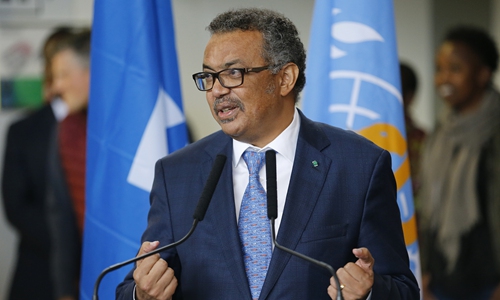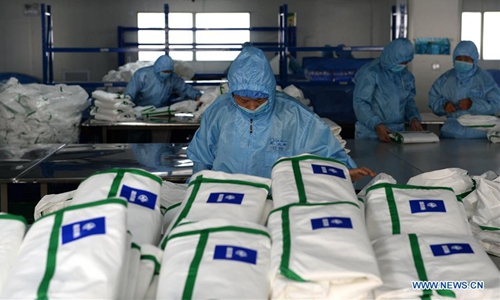Recovery rate has also been gaining momentum
KUALA LUMPUR: Malaysians have a higher chance of being involved in a car accident than being infected by the coronavirus disease (Covid-19), according to Capital Dynamics Sdn Bhd managing director Tan Teng Boo.
The number of deaths per 100,000 people for car accidents in the country is 21.25 persons while for Covid-19 in China, it is 0.04 persons per 100,000.
As of Tuesday, there were 74,424 Covid-19 cases with 1,874 deaths globally. A total of 13,100 people have recovered.
Tan expected Malaysia’s gross domestic product (GDP) to grow at between 3.5% and 4.0% this year, given various external challenges.
He expected the Covid-19 outbreak to peak soon, either by this month or the next month, considering that the recovery rate has also been gaining momentum at 14,689 cases globally as of yesterday.
Tan said once the outbreak has peaked, China would be able to stabilise from the epidemic and the country’s economic situation could improve.
This is especially with China being the biggest source of economic growth for the global economy for the last 15 to 20 years.
Tan said that based on statistics, the common flu is a deadlier menace.
The Centre of Disease Control and Prevention estimated that from Oct 1, 2019 through Feb 8, 2020 there have been between 14,000 and 36,000 flu deaths.
Tan said that tens of thousands of Americans die from influenza and pneumonia every year.
“Why are the other countries not banning flights to the United States or why are the people not quarantined? Do you ever see the New York Times or The Washington Post write about this?”
“Do you ever see the American and other Western media blaming the American democratic political system for failing to address the deaths from influenza and pneumonia?”
He added that the Covid-19 outbreak is happening in China because it is still a developing country, the largest in the world. Despite 40 years of robust economic growth and development, China is still far behind the United States in gross domestic per capita.
The rate of a disease’ ability to spread would depend on if (a) the people have been vaccinated, (b) have had the disease before or (c) if there is no way to control the disease.
“In the Covid-19 outbreak, conditions a and b apply and are beyond the control of the Chinese government. The measures taken by the Chinese authorities are essentially aimed at overcoming condition c,” he said.
If the Chinese government did not quarantine the major cities in the Hubei province on Jan 23, the situation could have been worse.
“Imagine just half of the infected people traveling all over the place? Imagine how many thousands of people would be infected in Japan, South Korea, Hong Kong, Singapore, Thailand, the UK, US, Australia and many more.
“Imagine as a result, the New York stock market tumbles, or Singapore, Hong Kong, Paris and London and many popular Chinese tourist destinations filled with empty shops. Imagine the adverse impact such a widespread crisis would have on the global economy,” he added.
He pointed out that investors should get the facts right in order to have an accurate perspective.
Source link
Read more ...
China announces biggest drop in new virus cases in almost a month
 https://www.thesundaily.my/
https://www.thesundaily.my/Flu outbreak reveals US' true colors
While people in China and around the world are actively cooperating to combat the novel coronavirus pneumonia (COVID-19) outbreak, some US politicians and media are making accusations against China, questioning the effectiveness of its response to the epidemic. However, the US sees frequent outbursts of influenza, and its government not only reacts with extremely low efficiency but also remains silent. The contrast has revealed a US double standard.US politicians aim to turn COVID-19 combat into political war against China 'vicious'
Some US politicians, including Rick Scott, are trying to turn a public health disaster that nations should face together into a political war against China.Why doesn't the Wall Street Journal have the courage to apologize?
Obviously, the WSJ should realize that it has made a stupid mistake. However, it still refuses to apologize and squarely face up to the error, let alone shoulder the responsibility of a respected news outlet.https://youtu.be/-g07zT3ZTFs
https://youtu.be/h93wHq6f5OE
https://youtu.be/x6xufUlgPHE
Related posts:
Wilbur Ross disgracefully cites coronavirus as American opportunity https://youtu.be/94CYX10BDVw Fear of the unknown...
I told you so’: Trump showing off a copy of
USA Today’s front page featuring his acquittal in the Senate
impeachment trial, as he arrived...
https://youtu.be/8NnNunRXR80 The World
Health Organization (WHO) on Thursday said that the novel coronavirus
outbreak has become a Pub...















